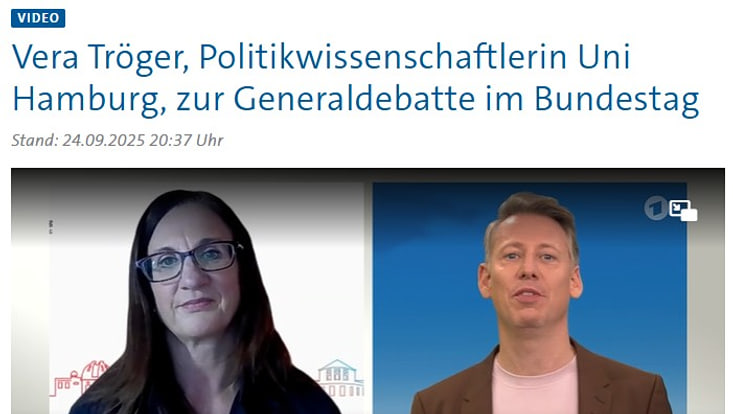Motherhood in Academia: a Novel Dataset of UK Academic Women with an Application to Maternity Leave Uptake
14 August 2024
The article "Motherhood in academia: A novel dataset of UK academic women with an application to maternity leave uptake" has recently been published online in the Journal "Social Policy & Administration" .
The survey, co-authored by Riccardo die Leo (European University Institute), Mariaelisa Epifanio (University of Liverpool) , Thomas J. Scotto (University of Strathclyde), and Vera E. Troeger (University of Hamburg) has now been featured in "Times Higher Education" .
The survey reveals that mothers in academia often take on a disproportionate share of parenting duties, which contributes to a delay in their career progression. A survey of over 7,000 women in UK universities revealed that a significant majority of mothers reported being the primary caregivers, with around 70% providing most of the childcare and a third responsible for more than 75% of it. Despite the presence of partners who also work in academia or hold high-level positions outside academia, the division of labor remains inequitable. Mariaelisa Epifanio, a co-author of the research, highlights that this situation reflects a broader "motherhood penalty," which isn't just about salary loss but also involves challenging family dynamics that affect career advancement for women with children.
The publication in "Social Policy & Administration" can be accessed here.
Abstract: Motherhood is widely believed to be an important factor slowing down the career progression of women. We present a novel database that combines an original survey of women and mothers working in the UK Higher Education sector with data on the occupational maternity benefits offered by academic employers. This allows users to track, at the individual level, child-bearing experiences and employment histories simultaneously. We describe several aspects of mothers' experiences in academia and how those evolve over the years. We also conduct an empirical analysis of the determinants of maternity leave uptake, showing that women's employment status and family arrangements significantly impact the types of maternity leave – paid or unpaid – taken.

